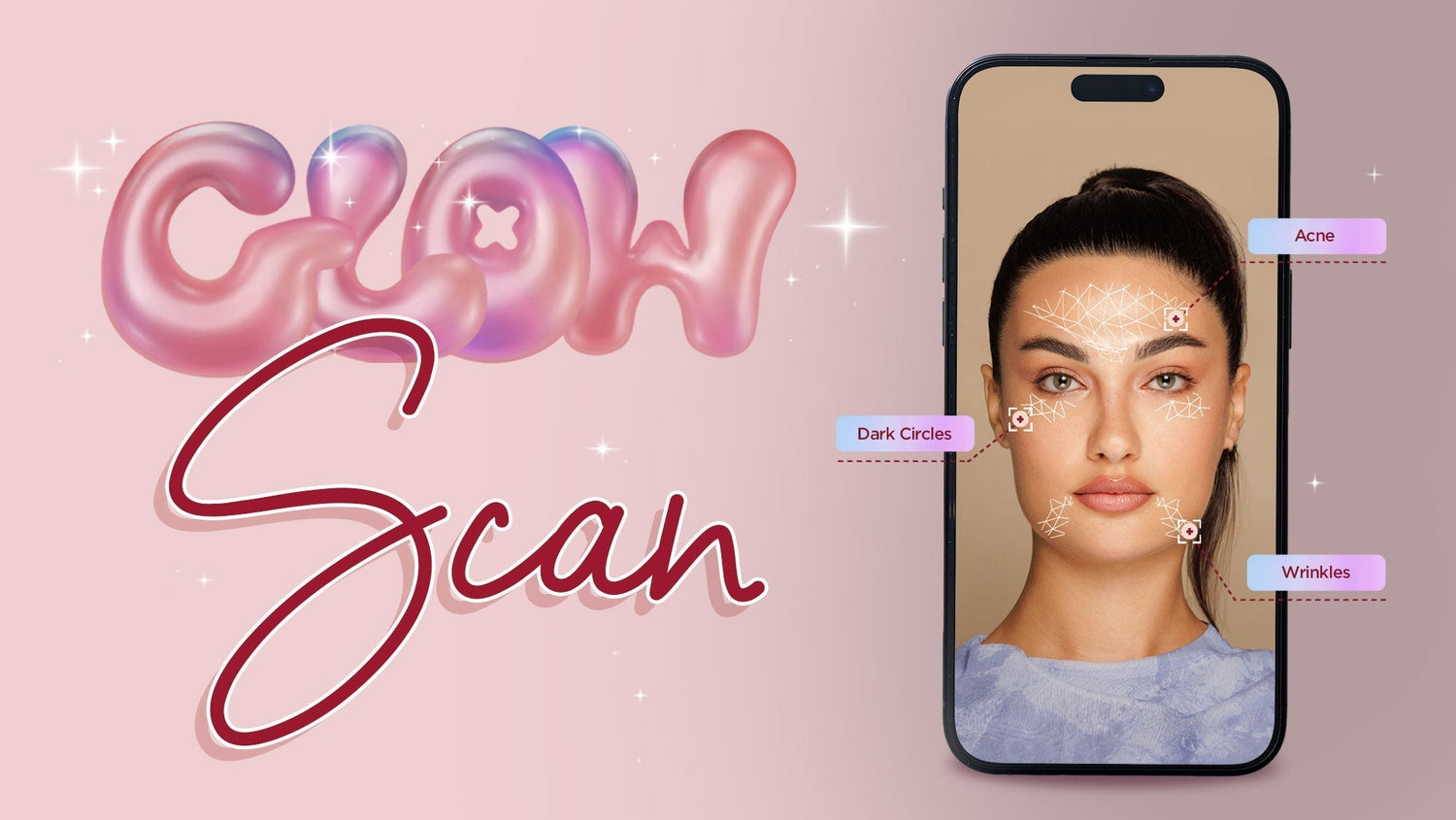Welcome to our comprehensive guide on dandruff causes and treatment options! Dandruff, characterized by flaky scalp and itchiness, is a common yet bothersome condition that affects many individuals. In this article, we'll delve into the various factors that contribute to dandruff, ranging from dry skin to fungal infections, and explore effective treatment options to help you combat this pesky problem. Whether you're dealing with occasional flakes or persistent dandruff issues, we've got you covered with expert advice and practical tips to achieve a healthier, dandruff-free scalp. Join us as we unravel the mysteries of dandruff and discover the solutions to reclaiming your scalp's health and vitality.
What Is Dandruff?
Dandruff is a common scalp condition characterized by the presence of white or yellowish flakes of dead skin that shed from the scalp. These flakes may be noticeable on the scalp, in the hair, or on clothing, particularly when brushing or combing. Other symptoms of dandruff may include scalp itchiness, redness, and irritation. In some cases, dandruff may also lead to greasy or oily scalp, although it is more commonly associated with dry skin. Dandruff can vary in severity from mild to severe and may come and go over time.
Main Reasons for Dandruff?
- Oily Skin: Individuals with oily skin are prone to dandruff as a yeast known as Malassezia globosa thrives on scalp oils, leading to their degradation. This breakdown of scalp oils triggers an immune response, accelerating the shedding of skin cells on the scalp, which manifests as dandruff.
- Dry Skin: In the previous section, we discussed how dandruff can be exacerbated by oily skin. Yet, having dry skin doesn't necessarily mean you're in the clear. Dry skin can also lead to dandruff, although the flakes tend to be smaller and less oily when dry skin is the primary factor.
- A History Of Skin Disorders:While excessive oiliness or dryness of the skin can lead to dandruff, there are other contributing factors to consider. Contact dermatitis, for instance, is a form of skin irritation triggered by an allergen or irritant, resulting in an itchy and potentially painful rash, often localized on the scalp in the case of dandruff.
- Furthermore, individuals experiencing severe dandruff may be affected by mild seborrheic dermatitis (SD), as stated by the National Eczema Association. SD is a chronic type of eczema that primarily affects areas of the body with high oil secretion. This implies that individuals with naturally oily skin are predisposed to developing seborrheic dermatitis, potentially leading to dandruff issues.
- Certain Chronic Illnesses: Individuals with conditions impacting the central nervous system, like Parkinson's, may experience an increased susceptibility to dandruff. Similarly, those with weakened immune systems due to HIV or other disorders may also be more prone to developing dandruff.
- Shampooing Habits: If you have oily skin, you might notice that infrequent hair washing exacerbates dandruff. Prolonged intervals between washes can lead to oil buildup, resulting in scalp issues. Now that we've covered what causes dandruff and some common factors, let's explore five effective methods to alleviate dandruff and promote a healthier scalp.
Ways To Treat Dandruff
Select the appropriate shampoo: If dandruff is a concern for you, we suggest washing your hair daily using a gentle shampoo. Gently massaging your scalp can help loosen flakes and reduce the buildup of oil and dead skin cells.
Selecting the right shampoo is crucial for effectively managing this condition. However, with the abundance of options available, it can be daunting to make the right choice.
For mild to moderate dandruff, opt for shampoos containing active ingredients like Pyrithione Zinc (ZPT), Ketoconazole Nizoral, Selenium Sulfide, or Salicylic Acid (SA).
- Minimize Hair Products: Using shampoo is essential for a thorough hair and scalp cleansing routine, but it's equally important to consider the ingredients in other hair products you use. Some chemicals found in common hair products can aggravate the scalp, leading to increased flakiness. Conditioners, hairsprays, gels, and similar products frequently contain drying agents that exacerbate irritation and dandruff. If you observe certain products worsening your scalp condition, opt for milder alternatives that prioritize scalp cleansing, hydration, and protection.
- Add Tea Tree Oil: Tea tree oil possesses antiviral, antifungal, and antibacterial properties, effectively controlling dandruff. When Malassezia globosa, a fungus naturally present on the scalp, becomes overabundant, it can trigger dandruff. Tea tree oil helps to regulate this yeast overgrowth. Additionally, it alleviates greasiness, itchiness, and scalp lesions associated with dandruff. For treatment, opt for products containing 5% tea tree oil or add 5 to 10 drops of the essential oil to your shampoo. Massage the mixture onto your scalp, then rinse thoroughly.
- Use Apple Cider Vinegar: Apple cider vinegar offers numerous remarkable advantages. It possesses antifungal properties and a mildly acidic nature, which aids in balancing high pH levels in both hair and skin. Additionally, it serves as a disinfectant and is abundant in minerals and live cultures. These qualities make it an excellent choice for cleansing hair, removing dirt and oil, and alleviating itchiness. To integrate apple cider vinegar into your hair care regimen, dilute half a cup of vinegar with one and a half cups of water, apply to hair, massage into the scalp, and leave on for 15 minutes to an hour before rinsing.
- Incorporate Aloe Vera Gel: Although research is ongoing regarding the complete advantages of aloe vera in dandruff treatment, some of its beneficial properties are already known. These include anti-inflammatory qualities that alleviate irritation, antioxidants that shield cells from damage, moisturizing attributes for the skin, and enzymes that mitigate inflammation caused by frequent scratching. To utilize this remedy, apply aloe vera gel to your scalp before shampooing, leaving it on for approximately 30 minutes to an hour before rinsing off with a gentle shampoo.Top of Form
In conclusion, dandruff is a common scalp condition that can be caused by various factors, including oily or dry skin, skin disorders, certain chronic illnesses, and shampooing habits. However, with the right approach, it is possible to effectively manage and alleviate dandruff symptoms. From selecting the appropriate shampoo to incorporating natural remedies like tea tree oil, apple cider vinegar, and aloe vera gel, there are numerous treatment options available. By understanding the underlying causes of dandruff and implementing targeted solutions, individuals can achieve a healthier, flake-free scalp. Remember to consult with a dermatologist if dandruff persists or worsens despite treatment efforts, and here's to reclaiming confidence and comfort with a revitalized scalp.






